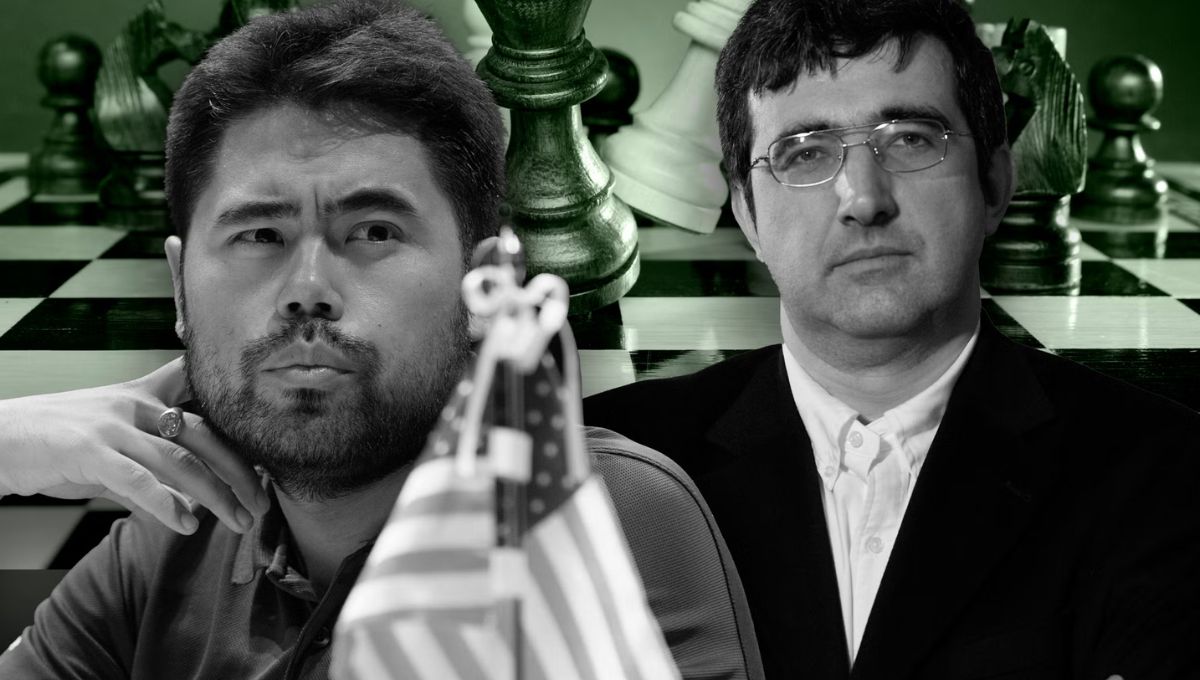In chess, “flagging” is a technique used to win or draw a game by playing fast and running the opponent’s clock out of time.
Rather than achieving a win or draw through checkmate, stalemate, or opponent resigning because of material disadvantage, flagging is an option that is becoming more and more common especially in online chess to stop opponent from winning.
Is Flagging Ethical?
It’s a subjective matter. By rules, flagging is not illegal so most chess players don’t feel anything bad about it especially when the person getting flagged is the opponent and not themselves.
Time management is an integral part of chess, and players are expected to make their moves within the allocated time. If a player fails to manage their time effectively and their clock runs out, their opponent is entitled to claim victory, just as they would if they achieved checkmate or forced resignation.
However, in more casual or friendly games, the ethical considerations may differ.
Some players may view flagging as a less satisfying way to win, preferring to achieve victory through skillful play and strategic maneuvers rather than winning on time alone.
In such situations, players might agree to different time controls or adopt a more lenient attitude toward time management.
What is dirty flagging in chess?
Some might think it’s just another attractive name of flagging your opponent but there is a difference…
“Dirty flagging” in chess refers to a controversial tactic where a player intentionally creates difficult or unclear positions in an attempt to exploit their opponent’s time pressure.
The term typically applies in blitz or bullet games where players have very limited time on their clocks.
In dirty flagging, a player may make moves that are objectively inferior in terms of the position’s evaluation but create complications or confusion for their opponent.
By doing so, they aim to force their opponent to spend valuable time calculating, potentially leading to them running out of time or making mistakes under pressure.
High rated players do that a lot against lower rated players when they know they are in a bad position but they also know that their opponent is lower rated so he/she might not know that their advantage in current position is a big one, so they make them victims of dirty flagging.
Is Dirty Flagging Illegal?
There’s nothing inherently illegal about dirty flagging within the rules of chess. In fact, dirty flagging is much more right and ethical than flagging itself.
Some players consider it unethical and contrary to the spirit of fair play but in my view, come on… dealing with tactics within a game is part of the play and one must be good enough to convert their advantage into victory. No one is entitled to get wins on the plat.
Vladimir Kramnik’s views on Flagging:
In former world champion, Vladimir Kramnik’s views, flagging is a loser’s mentality to save games. According to him sooner or later you will pay a very high price of it if that’s your strategy or winning or losing games.
Check out a video below where he is talking about flagging:
Carlsen’s Views on Flagging:
According to Carlsen, flagging is fine and he does that a lot in online chess. In his views, if you are in an Armageddon situation, flagging is one way to win with black pieces.
How to be good at Flagging?
GM Daniel Naroditsky has done a whole video on how to get lucky in chess. Flagging is part of that video series and you can watch it in the video below:
